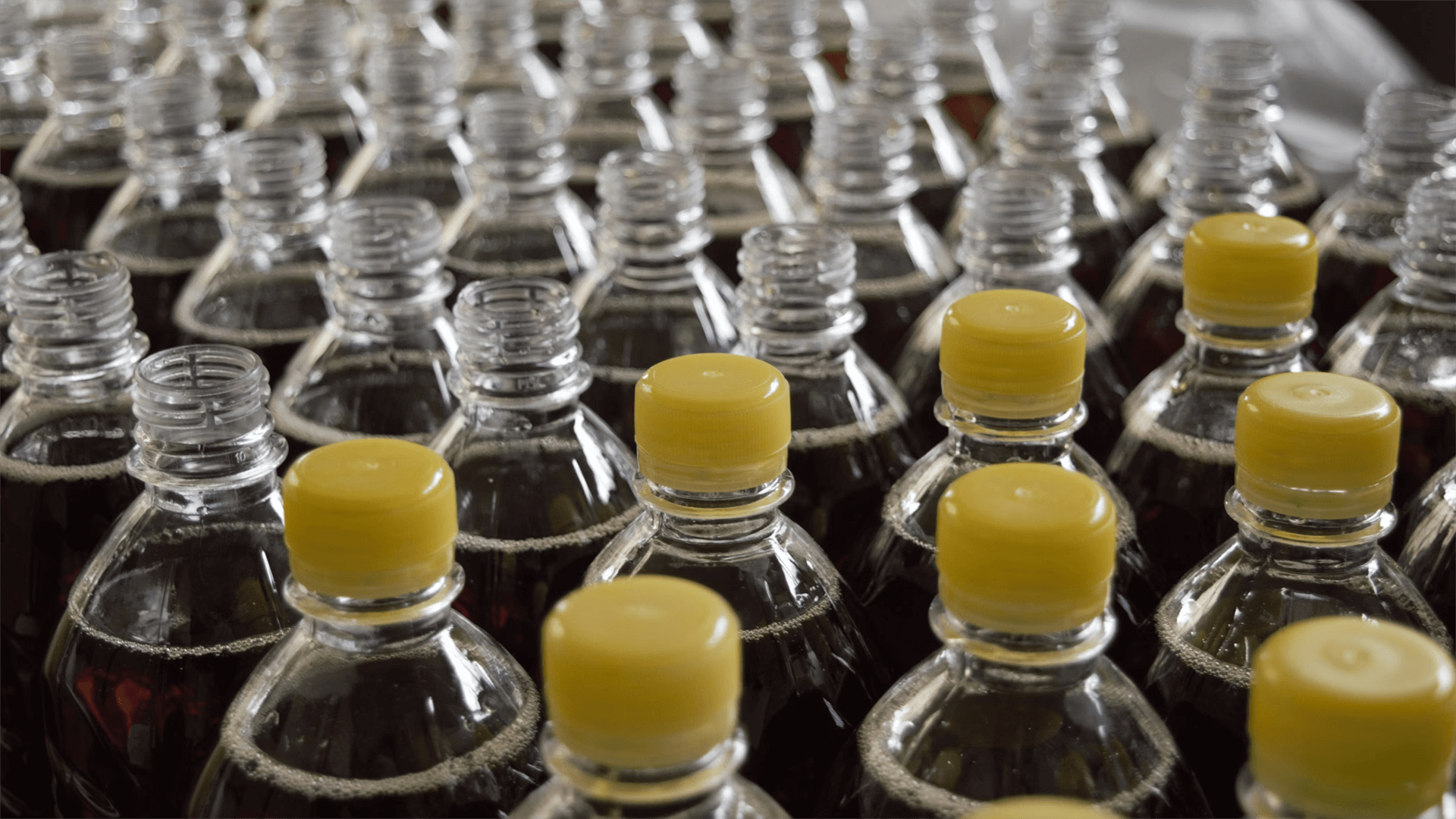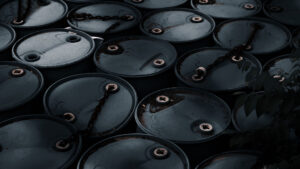Since I’m here in Ohio, why not talk about what makes this region so unique. Today, we’ll be discussing how shale in Ohio has propelled economic growth in an unfamiliar way.
For most of America, the shale sector looks fairly similar – traditional oil production produces natural gas as a byproduct, which is flared off until infrastructure is put in place to harness it. However, the Marcellus and Utica fields in Ohio primarily produce natural gas that is used for fuel across the central and eastern US. This is a bigger deal than it seems. If the tri-state area of Ohio, West Virginia and Pennsylvania were a country, it would produce more natural gas than any countries save Russia and the United States itself.
But what truly sets the region apart isn’t simply the abundance of natural gas, but of natural gas liquids such as ethane, propane and butane. The local prevalence of these materials has enabled Ohio to become a world leader in high-end plastics manufacturing. Thanks to this, Ohio has seen boosts in industrial activity and the establishment of chemical facilities throughout the state.
Here at Zeihan On Geopolitics we select a single charity to sponsor. We have two criteria:
First, we look across the world and use our skill sets to identify where the needs are most acute. Second, we look for an institution with preexisting networks for both materials gathering and aid distribution. That way we know every cent of our donation is not simply going directly to where help is needed most, but our donations serve as a force multiplier for a system already in existence. Then we give what we can.
Today, our chosen charity is a group called Medshare, which provides emergency medical services to communities in need, with a very heavy emphasis on locations facing acute crises. Medshare operates right in the thick of it. Until future notice, every cent we earn from every book we sell in every format through every retailer is going to Medshare’s Ukraine fund.
And then there’s you.
Our newsletters and videologues are not only free, they will always be free. We also will never share your contact information with anyone. All we ask is that if you find one of our releases in any way useful, that you make a donation to Medshare. Over one third of Ukraine’s pre-war population has either been forced from their homes, kidnapped and shipped to Russia, or is trying to survive in occupied lands. This is our way to help who we can. Please, join us.
TranscripT
Hey, everybody. Peter Zeihan here. Coming to you from just outside historic Harbor Village, just across the river from Marietta, Ohio. And that is the Ohio River behind me. Today, we’re going to be talking about something that is an exception from the exception. So the big exception is the American shale sector, because it has a different economic structure and uses different technologies for most oil production in the rest of the world and as a result has very low production costs and produces a lot of natural gas as a byproduct of oil production.
So when you’re in Texas, most notably, say, the Permian people are after the crude oil and then natural gas comes up as a byproduct and they have to flare that natural gas until the infrastructure can be built out to absorb it and bring it into, say, the chemical sector here in Ohio and moving into Pittsburgh, big area in Pennsylvania, you’ve got a different problem.
The natural gas field is the Marcellus and the Utica, and they are dry gas fields where people are after the natural gas rather than the liquids, because they’re using it for fuel in every place from Chicago to Boston to Washington, D.C. And so they need it for electricity. But there are still liquids here, especially in the western parts of the play, which move into, say, Ohio.
They’re you’re getting a fair percentage of something called natural gas liquids, which in layman’s terms means things like propane and butane. That means that in this part of the country, it’s not just that the natural gas is cheap because the production costs in the Marcellus are very low. But so many end girls come out of places like the Utica play that Ohio has become a world leader in things like high end plastics, because for them, it’s not the oil that’s the waste product, it’s the propane and such.
That is a primary feedstock into chemicals specifically for things like plastics. And so we’re seeing dozens of chemical facilities that do secondary processing popping up in the more populated parts of Ohio, taking advantage of what is basically below global cost inputs of things like ethylene, propane, butane and the rest. So here we are in the middle of the continent and we’re suddenly seeing an explosion in industrial activity for something that we normally associate with the Chinese coast, the Persian Gulf or the Texas coast.
Very different situation, very different geology, very different outcomes.








